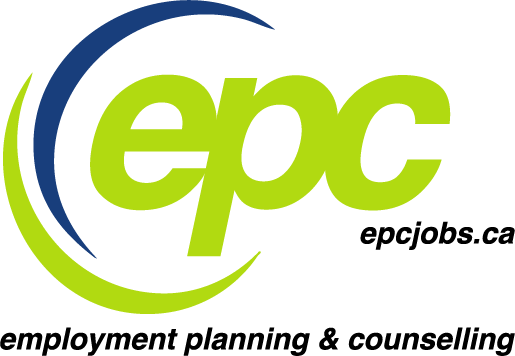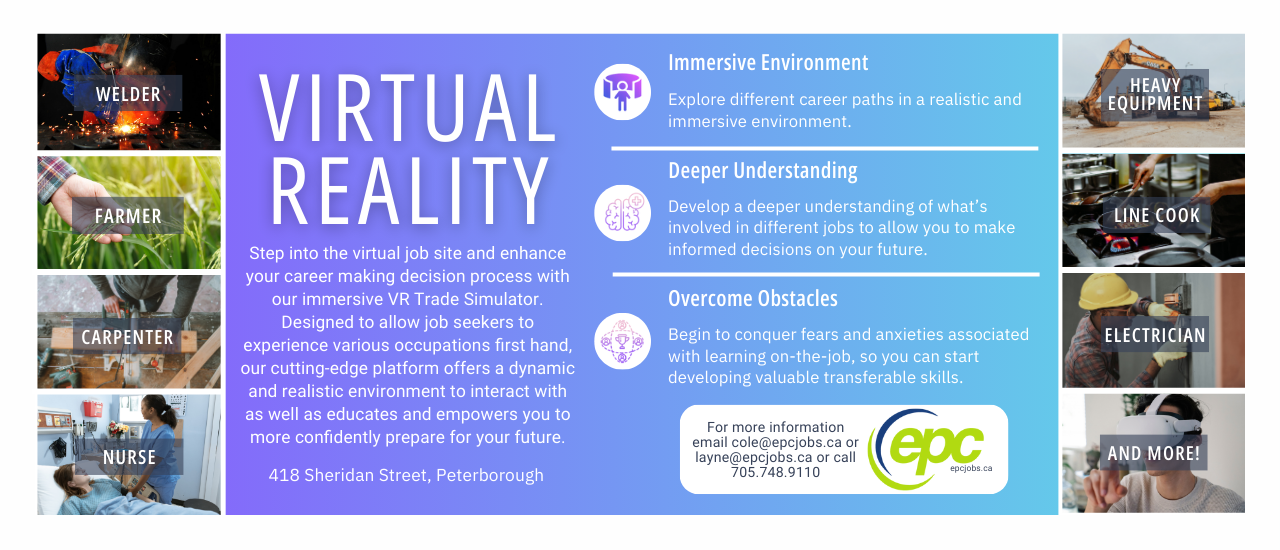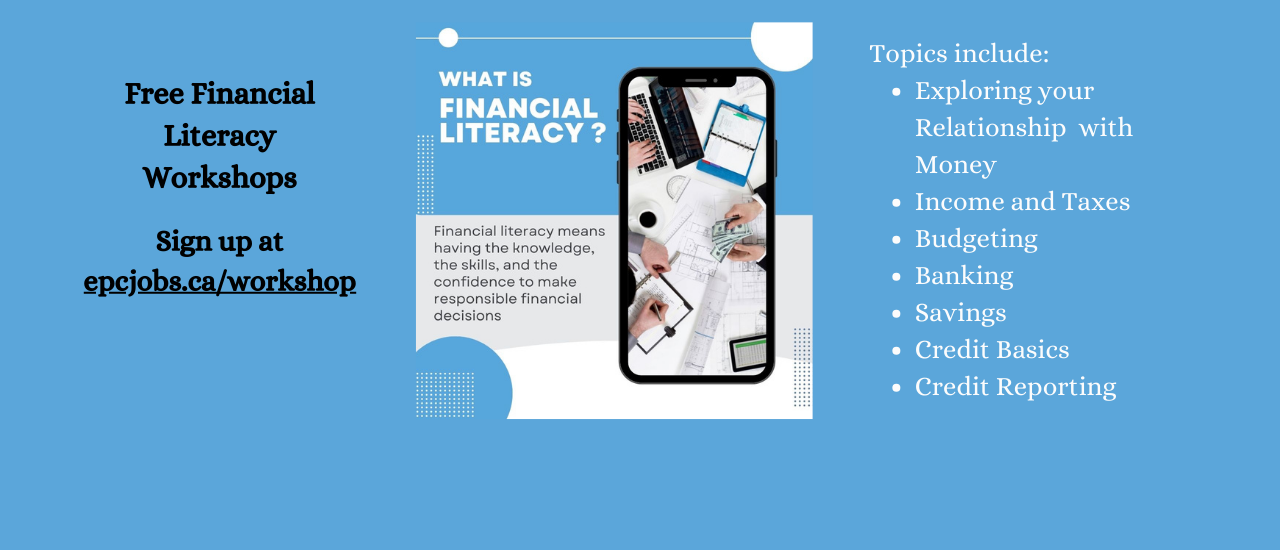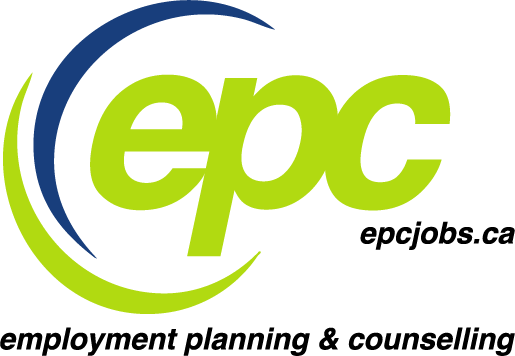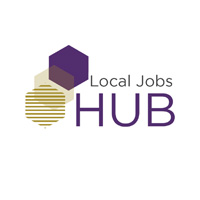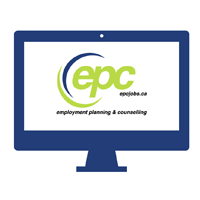To say that deciding what you want to do for the rest of your life before age 18 is difficult is an understatement. With an ever changing labour market, it is predicted that by 2020 many of the careers that will be lucrative do not even exist yet. In addition, we have seen an emerging pattern of multiple careers over one’s work lifetime. What that means is the work life your parents knew with full time, permanent, lifetime positions with benefits and a company pension plan is not the vocational landscape of today. Yet, due to the changes in the world of work, there are also more opportunities to land international jobs, work in the gig economy, pursue careers related to innovation, or develop your entrepreneurial spirit by finding unique ways to solve current problems.
That being said, you may now find yourself at a crossroad attempting to identify whether employment, post-secondary education, apprenticeship, volunteerism or travel is the next step for you. We have devised a checklist of recommendations and resources to help you with this decision.
- Consider taking the infamous ‘victory lap’ at high school. This will give you time to pursue a Cooperative Education placement and test out your interest in a specific industry, gain work experience and references, save more money if you are considering further education, and make industry specific contacts. You are never too old to go to school and taking the time to get it right can save you time, frustration, and a lot of money in the end.
- Examine the courses you enjoyed most in high school. This can serve as a starting point to identify possible careers when you begin with what you like, what is comfortable, and eliminate what you are not interested in.
- Conduct a Google search for things you like the most (ie. jobs where I work outdoors)
- Pursue the option of career testing and free online career assessments. Tools such as the STRONG Interest Inventory and MBTI may be accessed at your local Employment Ontario office and will give you more insight into your interests, work and learning preferences, and personality type. The more self-awareness you have, the better your career match.
- Talk to everyone you to know to find out more about their occupations, required training, and career path.
- Consider volunteering in a field you may be interested in. Whether it is with a local organization or international exchange program, the skills you develop, relationships you build, and personal insight you develop into your priorities and tasks that you find rewarding may help lay the foundation for future career plans.
- Talk to friends and family to get their input. Sometimes others have a different perspective and getting assistance with identifying your skills and attributes can be a helpful starting point.
- Identify the top five industries you think you would like to work in and conduct research. This can include informational interviews, researching job opportunities, following related groups on LinkedIn, and attending trade shows. This technique allows you to ‘fake it while you make it’ by monitoring what is happening in the industry before you decide what type of education would be most advantageous to get your to your end game.
- When you have identified what you want, work your way backwards. Determine the type of training, skills development, and networking that will be required. Set short term and long term goals in these areas and get started immediately.
- Utilize Career Cruising as a tool to conduct career specific research regarding academic prerequisites for post-secondary programs, wages, work conditions, career paths, related careers, job postings, job opportunities, links to school programs and apprenticeships, and informational interview clips.
- Conduct Labour Market research regarding the job realities including wages, working conditions, and geographic location.
- View college graduate reports for a sample listing of the type of jobs and employers students are accessing following course completion.
- Research what type of education programs and careers exist through www.ontariocolleges.ca or universities you may be interested in attending.
- Research careers through www.apprenticesearch.com where you can learn more about the various occupations under the ‘About Trades’ section
- Utilize the National Occupation Classification matrix to view various careers in different sectors, based on education level. Further investigation through the Occupation Structure will highlight the job duties and educational requirements for each job.
- Tour educational facilities to have a chance to meet with the instructors, gain a better understanding of the school environment, and the surrounding community.
- Utilize social media to follow industry influencers. Who they follow and what they post can provide you with deep insight into both the opportunities and challenges they faced along the way.
- Access LinkedIn as a research tool to view job postings, follow companies, observe group discussions, connect with industry leaders, conduct informational interviews, and gain a better understanding of industry requirements and terminology.
- Sit back and let things happen. Sometimes we fall into situations we thoroughly enjoy and a path is created we might not have found otherwise.
Listen to your intuition. If you follow your heart and your passion, your vocational journey will feel more like a career than a job.For more assistance with career counselling or to access assessment tools, book an appointment with a Career Counsellor at EPC.
